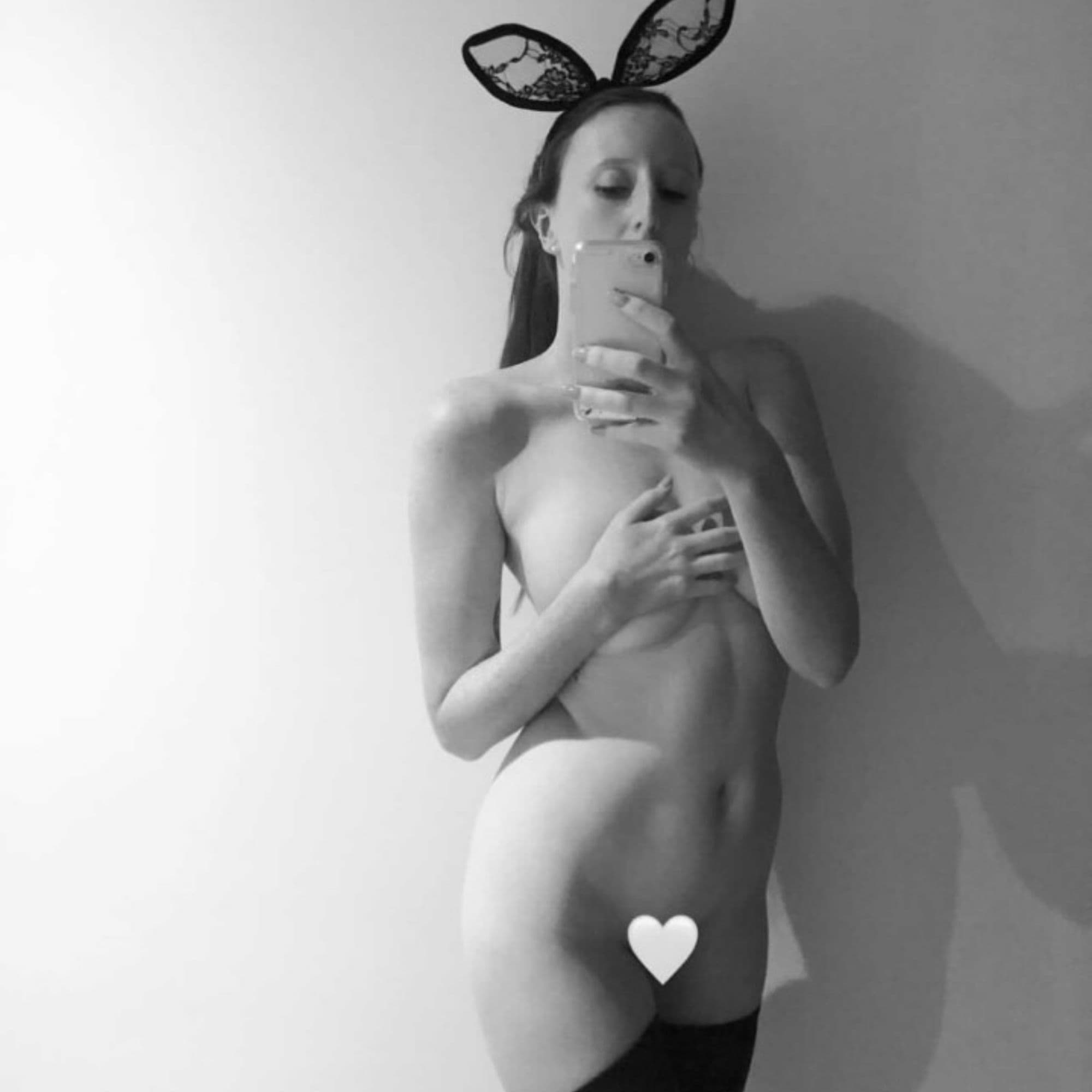
- POPSUGAR Australia
- Celebrity
- A Sex Worker on Why Emily Ratajkowski’s New Book ‘My Body’ Isn’t Activism
A Sex Worker on Why Emily Ratajkowski’s New Book ‘My Body’ Isn’t Activism

Emily Ratajkowski is currently in full press mode, promoting her new book My Body, a collection of essays that speak to being a woman and a commodity.
While the book is receiving praise from other celebrities and women in her position — which to be clear, is an extremely privileged one — it’s clear that Ratajkowski hasn’t quite hit the mark she was aiming for.
As a memoir, yes. As a work of activism, I’m not so sure.
What could have been a powerful work of feminism in an industry that constantly asks women to be generous with their bodies is instead unsatisfying, mostly due to her consistent reluctance to subvert the male gaze she so harshly criticises.
She calls the men ridiculous, chubby, creepy, grotesque. She laughs at the ridiculous amount of money they give her to go to parties with them, she’s grossed out by what they want in return — an attractive girl by their side, sex, company, status… yet she continues to profit off their desires.
I want to be clear: I’m not saying that it’s wrong to profit off the desire of men, but if you are going to do it, own it.
As I scrolled down my Instagram feed, her novel popped up everywhere. It probably doesn’t help that I’ve been following her on Instagram since sometime around 2015, shortly after she appeared in that Robin Thicke music video that we’ve all gone back and listened to in disbelief at least once or twice. Those lyrics. That message. How far we’ve come.
Emily Ratajkowksi defines Instagram model for me, and I’m sure for many others. She was one of the first Instagram models I followed, and definitely one of the first models I found through Instagram. To me, she marks the start of the Instagram model era, her body; her defining feature.
Now, don’t get me wrong, I’m super interested in what she — and other women with similar experiences — have to say. I think that life through the lens of a woman who has been given immense privilege because of her looks is a perspective worth learning about. It’s something few of us understand, and that all of us could learn from. Not only is it a thrilling peek into the world we all speculate about daily, but it also reveals so much about misogyny, the patriarchy and the power of capitalism that although harsh, is important to be aware of.
As I scroll down my Instagram feed and see Ratajkwoski’s novel woven through post after post, story after story, I notice a pattern. All the famous people I follow are praising her, while all the not-famous friends I follow, are criticising her. I stop at one Instagram story, in particular, linking out to an excerpt of Ratajkowski’s book published in The Guardian. Next to the link is a caption: “Shut the f*ck up, Emily”. It’s my friend’s Instagram story. She’s a sex worker. I’m immediately intrigued.
I stop to think about how she must feel reading this press around Ratajkowski’s book. As a proud sex worker (and so she should be), she can relate to the feeling of her body being the main focus, as something to profit off. But, it’s something that she’s chosen, something that helps to pay her bills, something that has taught her so much and makes up a part of who she is. She then is reading the literature of a woman working within the same realms, but who is trying to hold herself to a different standard.
I asked my friend, Sabrina, about her thoughts.
“I think that someone who is at that level of privilege, who consents and profits from her body and sexuality to then act like she is the victim of this system, yet continues to profit… it just makes me mad,” she tells me.
“She’s happy to take up so much space, while POC, disabled and other class workers are censored and vulnerable, it really lacks self-awareness.”
I get what Sabrina is saying. If Ratajkowksi had come out and said one of two things:
- I’ve been working in a system that is super misogynistic and doesn’t work for women and I’ve had enough, I’m calling this sh*t out OR
- Yeah I’ve been paid heaps of money to attend parties with rich men, deal with it
Then that’s a story we could get behind.
But instead, she’s coming out and complaining about the system, the misogyny, the patriarchy and the intense power of capitalism, but refusing to stand up against it. She continues to profit and thrive within this world that she is criticising, all in the name of earning money, which understandably doesn’t sit right for many people.
“I think we should be hypercritical of anyone who is super dominant in a space or platform, and gets to steer a narrative that is so delicate,” Sabrina says.
“She’s at the height of privilege, acting like a sex worker or someone who performs the labour of a sex worker, but then is allowed to be the victim in a system she consents to and contributes to.”

“Like no, that kind of privilege is not relatable.”
It’s a really difficult thing to write about. This narrative is so delicate, filled with so many themes that are still a struggle for so many women — including myself — that I’m finding it hard not to write this out with any emotion attached.
Let’s be real: Ratajkowski has been awarded huge amounts of online space, because of how she looks. Her body and her face are the things we know most about her, having worked predominantly as a model, her looks are what got her to where she is, with the huge amount of power she has today.
That doesn’t mean that’s all she is, but it’s worth acknowledging and accepting and perhaps, in her case, appreciating.
In Ratajkowski’s corner of the internet, the things she’s allowed to post exist in a different realm to others. In her book My Body, she is commenting on the fact that her body has been objectified in exchange for money, however, she continues to exist in that world that allows her to profit off the way she looks.
“She’s allowed to have visibility on a platform where if I posted similar content, I’d be de-platformed,” Sabrina says.
“Nudes, my ass, too much boob, even the language around sex… if she didn’t look how she looked, she wouldn’t be allowed so much space.
“It all just feels so condescending as a sex worker. She makes more than I ever could ever imagine, by doing far less, but she’s also misrepresenting us and our work. It just doesn’t feel okay that someone with her power and privilege is being awarded a victim mentality, yet still continues to profit from the things she says are ‘gross’ or ‘wrong’.”
When we read works of literature, like this new book by Emily Ratajkowski, on extremely delicate subject matter, written by influential people in powerful positions, it’s really important that we’re aware of reality.
As a woman who has embraced her sexuality and used it to her advantage, I’m totally here for the brutal honesty of what it’s like to be paid to “be hot”. Truthfully, a world that capitalises on beauty is one that we need to talk about.
But each experience is different. Not many of us will have experienced anything similar to Ratajkowski, yet her words represent so many of us because of her huge amount of influence. It’s important to be critical, to see things through different perspectives and to bring these extremely delicate narratives back to the people that experience them with abundantly less privilege.
If this subject matter interests you, I’d still recommend that you read Ratajkowski’s book of essays. It’s well-written and if being read as a memoir, pretty revelatory.



